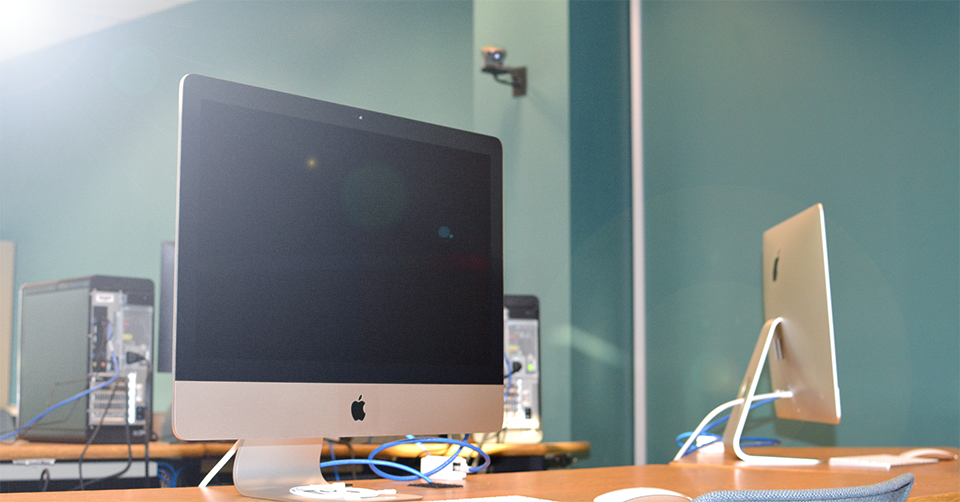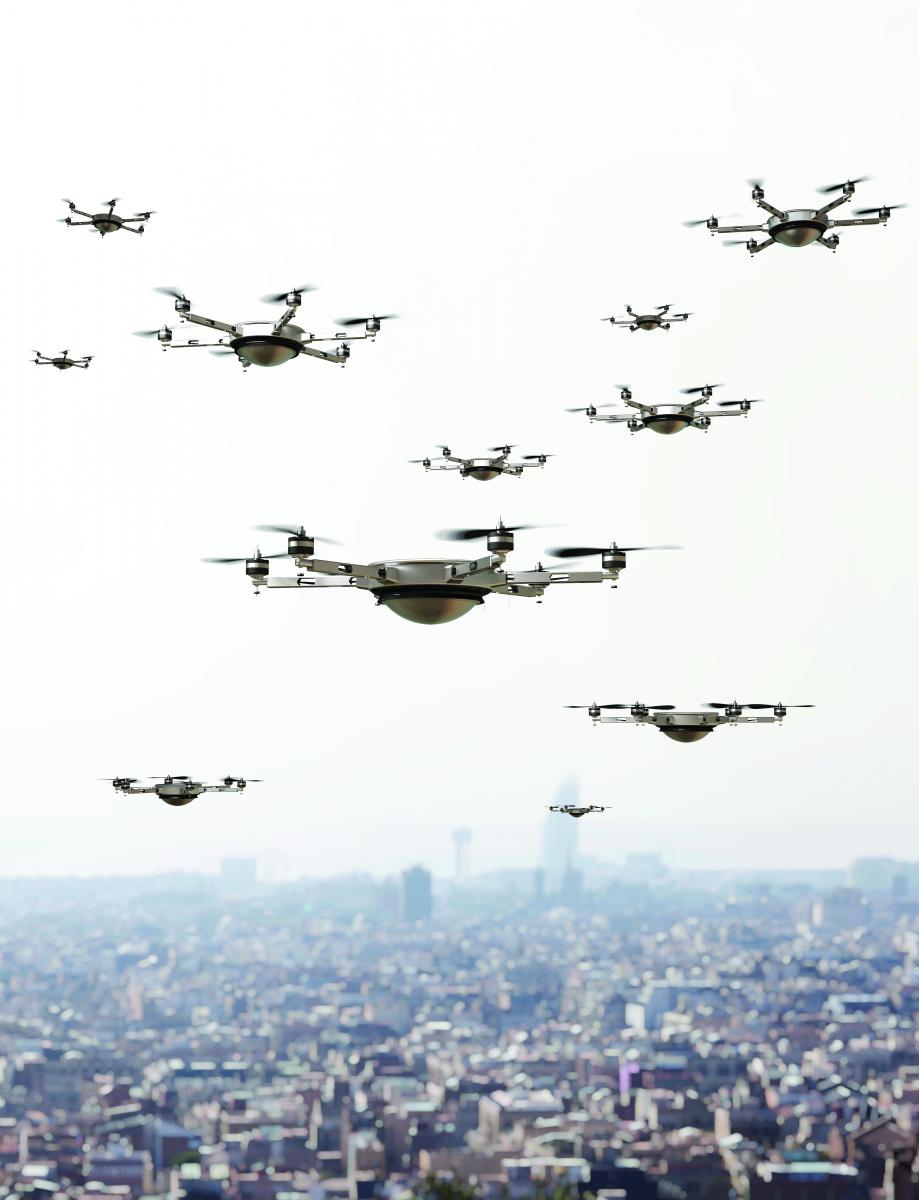Capitol to Launch New Unmanned Systems Lab
January 31, 2018From the depths of the ocean to outer space, unmanned systems have become capable of running almost anywhere that science can dream up. Capitol Technology University is excited to debut our newest lab, which will be focused on giving students the opportunity to work with unmanned systems.

According to Professor Richard Baker, whose influential involvement contributed to the successful installation of Capitol’s Unmanned Systems Lab, “Students are going to be able to use the lab to get hands on experience with unmanned systems of all types and grow their knowledge to prepare them for jobs on the outside.”
What are unmanned systems?
Dr. Baker says, “Unmanned systems are systems that are controlled remotely or autonomously that have no one on board controlling them.” You’re probably more familiar with them than you think. A remotely operated bomb defusal robot, the Mars rover, and aerial drones used to get those beautiful overhead shots in films are all examples of unmanned systems.
Unmanned systems can be ground vehicles, underwater vehicles, space vehicles, aerial vehicles, or even medical vehicles. “Do you remember the 1966 movie, Fantastic Voyage,” asks Dr. Baker, “where they shrunk people down, put them in a capsule and put them in somebody’s body for medical reasons? We actually have medical products like that today where they put a camera in a little capsule and somebody can swallow it and it goes through their body.”
 “There are applications for little vehicles,” he continued. “As long as five years ago I’d seen a swarm of little helicopters working together to lay bricks on a wall. Each little vehicle would come and pick up a brick and lay it where it was supposed to go. Then they’d go back and pick another one. There were 10 or 12 of them all flying, working together so that when a vehicle that had dropped off a brick came back to lay another one it was in a completely different location because there were another 11 bricks in-between. So, it takes a lot of coordination. It takes a lot of programming to get them to do real work.”
“There are applications for little vehicles,” he continued. “As long as five years ago I’d seen a swarm of little helicopters working together to lay bricks on a wall. Each little vehicle would come and pick up a brick and lay it where it was supposed to go. Then they’d go back and pick another one. There were 10 or 12 of them all flying, working together so that when a vehicle that had dropped off a brick came back to lay another one it was in a completely different location because there were another 11 bricks in-between. So, it takes a lot of coordination. It takes a lot of programming to get them to do real work.”
The programming of these systems is what Capitol students will learn both in the lab, and through our new degree program in Unmanned and Autonomous Systems.
“There is lot potential for this lab,” says Dr. Baker. “The lab gives us the potential for new research grants, for working projects with other organizations jointly on something so students will not only get hands on experience with the technology, but also hands on experience in applications. The lab provides a unique experiential learning environment.”
The Unmanned Systems Lab will host its first classes in Fall of 2018.


